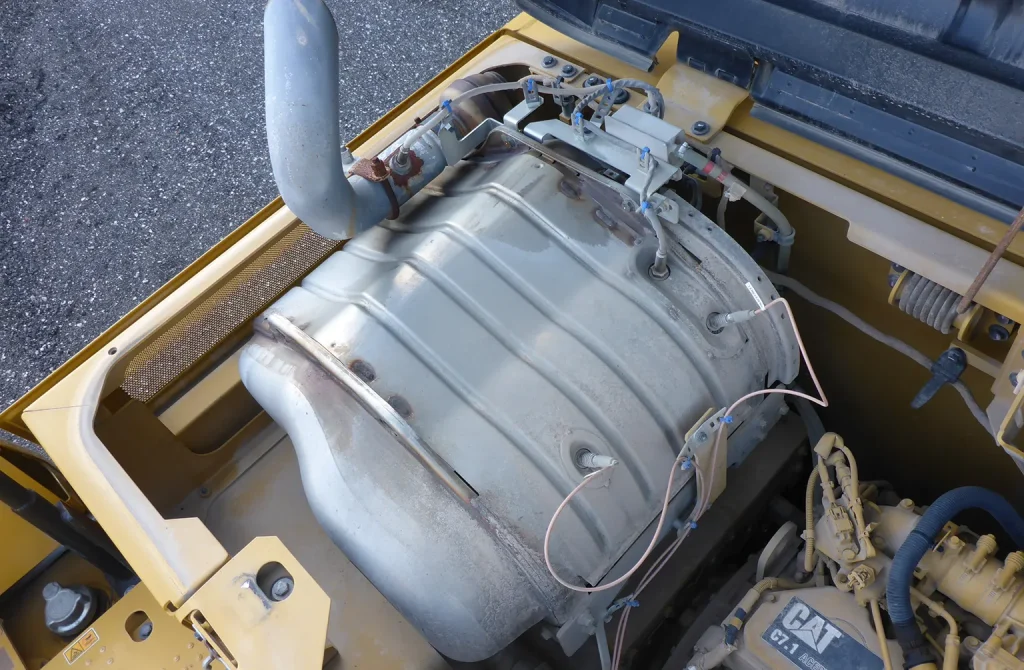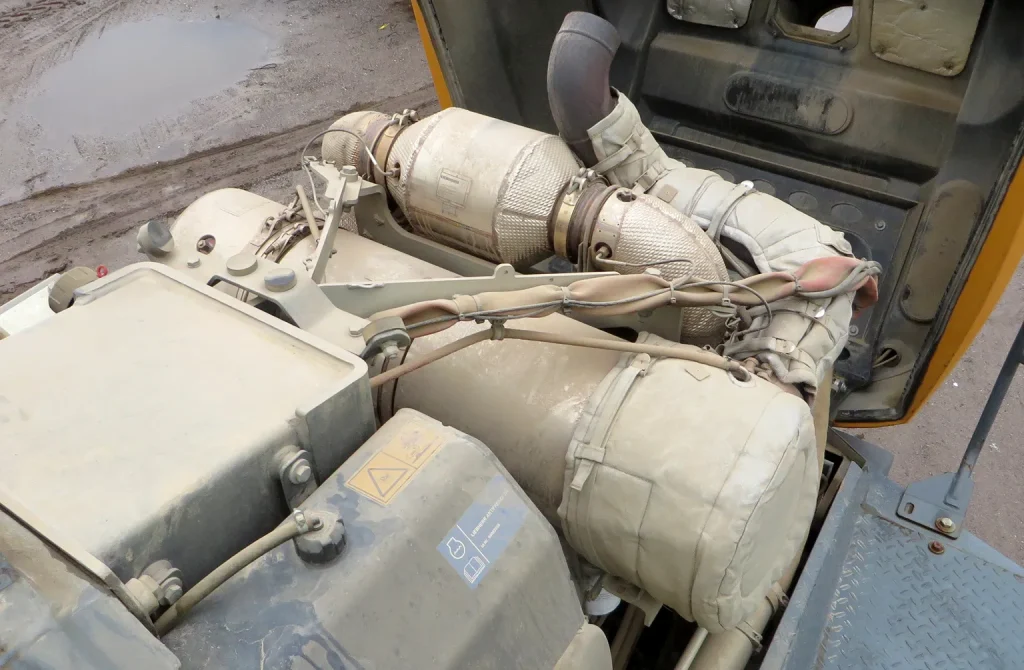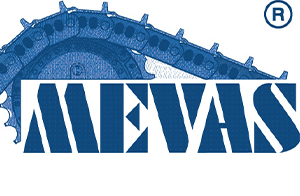
Conversion of TIER IV engines to TIER III
Modern construction machinery requires high-quality diesel fuels with a low sulphur content. Machines in the Tier IV emissions group usually have DPF systems with AdBlue injection (SCR) installed. These have the task of cleaning the exhaust gases and reducing pollutants by injecting AdBlue and using particle filters. Some engines only work with controlled exhaust gas recirculation and can therefore still manage without AdBlue injection. This usually depends on the performance levels of the respective engines.
The problem with diesel fuels
In many countries, the quality of fuels for construction machinery is lower than in Europe or America or the sulphur content is too high, making this fuel unsuitable for long-term use. This causes major problems in the daily operation of machines and engines. If such machines are used with low fuel quality without modifications, they stop working after a while. This may be because the particulate filters are clogged, the fuel filters become blocked or the software reports an error. Another problem is that the engine control unit no longer recognises excessive exhaust gas temperatures or incorrect back pressure. Reducing the engine output to an emergency programme is the lesser of two evils. Such a problem can ultimately lead to the destruction of the engine.
What solutions are available and how do they work?
Many manufacturers of construction machinery offer solutions for downgrading (de-tiering) to lower emission standards. In some cases, complete conversion kits are offered. However, this conversion is relatively expensive and irreversible. Machines lose their CE or EPA certification. In many countries, the conversion contravenes applicable laws. This applies in particular if the machines are not exported after being converted to a lower emission standard. Many manufacturers and their concessionaires have therefore stopped downgrading engines. They often only offer downgrades to complete engines and exhaust systems with lower emission standards for export.
This gap is being filled by dubious providers offering supposedly uncomplicated engine conversions. The internet is full of offers for DPF removal or AdBlue removal kits.
What are the dangers and risks of conversion?
We are regularly contacted by users of converted construction machinery because problems arise with the modified exhaust systems. Machines stop working after a repair or replacement of components or only run at idle speed. Engines overheat or have low performance. Some machines no longer start at all because the software blocks the ECU. The excavator or loader may then be parked in Africa, 200 kilometres from the nearest service base, and fail to work.

What causes this and can it be repaired?
An engine with DPF has various sensors installed. The exhaust gas pressures are measured before and after the particulate filter. Exhaust gas temperatures are checked. There is an AdBlue dosing device equipped with sensors for injection. The NOx content is measured. All these sensors communicate with the ECU of the construction machine via the CAN bus. The sensors report operating values and these are compared with the data stored in the ECU. This means that if a machine has been modified, the software also has to be adapted accordingly. Another method used is to emulate the required values. The ECU is made to believe that all values are correct. This procedure involves a fairly high risk: the biggest problem with illegal conversions is that in the event of a future fault, the service technician will not be able to trace which type of modified system has been installed. Changing sensors or installing the latest software leads to a complete breakdown in communication between the exhaust system and the engine ECU.
What does the environment say about these modifications?
It has been established that engines that fulfil Tier IV emission regulations no longer even fulfil the emission regulations of TIER II after an alleged downgrading to Tier III. It is also logical that an engine with a functioning exhaust system is less harmful to the environment. Renowned construction machinery dealers, such as the German Zeppelin-Baumaschinen and Komatsu-Europe, have completely stopped downgrading engines for this reason
Testing exhaust systems when inspecting used construction machinery
When the Heavy Equipment Inspectors of Mevas test a used construction machine for you before it is shipped or imported, the exhaust systems are also examined. The inspectors check error messages and investigate whether the exhaust aftertreatment systems have been modified. These details are included in a machine report. So, if you want to make sure that a machine you want to import does not cause any problems with the exhaust system, we recommend an inspection by our technician. This costs significantly less than installing a new DPF system!
Our inspectors are available in more than 20 countries. For Caterpillar and older Volvo construction machines, we access the ECU data directly. For others, we use the information from the displays in the machine.

Sponsored by
We are “The Heavy Equipment Inspectors”
MEVAS is your independent service partner for the inspection of construction machinery. Our service is inspection at the highest technical level for all types of larger machinery. Have used heavy equipment inspected by a third party before you buy it. Available in more than 25 countries.

